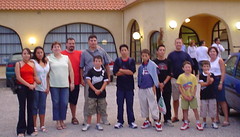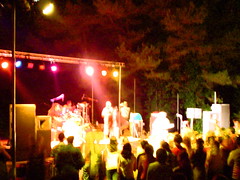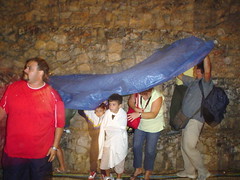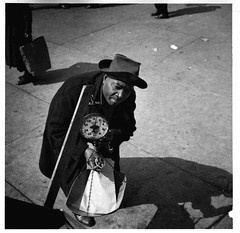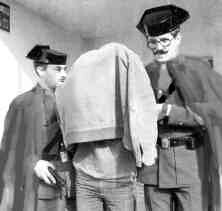

The term, culture shock, was introduced for the first time in 1958 to describe the anxiety produced when a person moves to a completely new environment. This term expresses the lack of direction, the feeling of not knowing what to do or how to do things in a new environment, and not knowing what is appropriate or inappropriate. The feeling of culture shock generally sets in after the first few weeks of coming to a new place.
The symptoms of cultural shock can appear at different times:
* Sadness, loneliness, irritability
* Preoccupation with health
* Aches, pains, and allergies
* Insomnia, desire to sleep too much or too little
* Changes in temperament, depression, feeling powerless
* Anger, irritability, resentment, unwillingness to interact with others
* Identifying with the old culture or idealizing the old country
* Loss of identity
* Trying too hard to absorb everything in the new culture or country
* Unable to solve simple problems
* Lack of confidence
* Feelings of inadequacy or insecurity
* Marital stress
* Developing stereotypes about the new culture
* Developing obsessions such as over-cleanliness
* Longing for family & friends
Culture shock has many stages. Each stage can be ongoing or appear only at certain times. The first stage is the incubation stage. In this first stage, the new arrival may feel euphoric and be pleased by all of the new things encountered. This time is called the "honeymoon" stage.
Afterwards, the second stage presents itself. A person may encounter many difficult times and crises in daily life. For example, communication difficulties may occur such as not being understood at a grocery store or post office. In this stage, there may be feelings of discontent, impatience, anger. Even sadness may result at not feeling competent enough to maintain even minor responsibilities such as pumping gas or paying bills. During this transition, there can be strong feelings of dissatisfaction, the "honeymoon" is over and real life begins.
The third stage is characterized by gaining some understanding of the new culture. A new feeling of pleasure and sense of humor may be experienced. One may start to feel a certain psychological balance. The new arrival may not feel as lost and starts to have a feeling of direction. The individual is more familiar with the environment and wants to belong.
In the fourth stage, the person realizes that the new culture has good and bad things to offer. This stage can be a time of genuine integration. This integration is accompanied by a more solid feeling of belonging.
The fifth stage is the stage that is called the "re-entry shock." This occurs when a return to the country of origin is made.
These stages are present at different times and each person has their own way of reacting in the stages of culture shock. As a consequence, some stages will be longer and more difficult than others. Many factors contribute to the duration and effects of culture shock. For example, the individual's state of mental health, type of personality, previous experiences, socio-economic conditions, familiarity with the language and family and/or social support systems.
During these stages a new appreciation for worship music may occur, even the plinky plonky kind played be the new guy on the battery-powered keyboard in the church without electricity where no one sits on the front row.
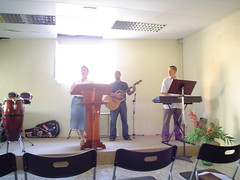
(excerpts lifted from Dr. Carmen Guanipa's "Amigos" - Copyright © 1998)
